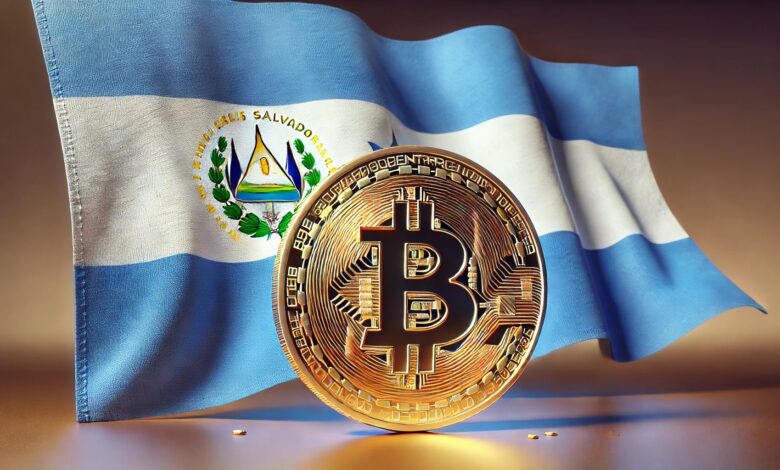
IMF Sets New Oversight Deadlines for El Salvador’s Bitcoin Strategy
The International Monetary Fund (IMF) has laid out a series of stringent deadlines aimed at increasing oversight of El Salvador’s Bitcoin holdings. According to information disclosed by journalist Ricardo Valp from El Faro, President Nayib Bukele’s administration has ostensibly committed to providing detailed data on its Bitcoin (BTC) transactions and reserves. This agreement is reportedly part of negotiations for a $1.4 billion bailout package.
IMF to Enhance Scrutiny Over El Salvador’s BTC Operations
In a report shared on social media platform X, Valp stated, “NEW: ‘The IMF reveals Bukele has agreed to supply internal information about Bitcoin transactions, including wallet addresses owned by the Government of El Salvador, the identities of involved parties, and regulatory measures on Bitcoin holdings in exchange for a $1.4B bailout.'” The revelation was supported by images of official IMF proposals, each tagged with specific deadlines and reviews aimed at mitigating risks associated with Bitcoin by improving transparency and accountability.
Comprehensive Reporting Requirements
The documents stipulate that the Salvadoran government is required to deliver a signed statement to the IMF, detailing all public addresses for hot and cold wallets, along with the corresponding BTC amounts. This mandate is not limited to central government accounts but extends to any state-controlled entities or legal persons, as defined by international accounting standards. The initial report on these Bitcoin addresses and their holdings is due by March 2025, aligning with the IMF’s first program review. Subsequent disclosures are scheduled for June 2025 and December 2025, each capturing updated data on the nation’s BTC reserves.
Restructuring El Salvador’s Bitcoin Framework
Beyond mere disclosures, the IMF plan imposes rigorous deadlines for restructuring or ending key components of El Salvador’s Bitcoin infrastructure. A new business strategy must be adopted by July 2025, designed to cease the use of public funds in the government-backed digital wallet, Chivo. This timeline coincides with the IMF’s first review in March 2025, which will assess the progress made toward these objectives.
Additionally, the government must liquidate the Bitcoin trust fund, known as Fidebitcoin, and release audits conducted by the Court of Accounts and independent external auditors. The guidelines also require the publication of Chivo’s financial statements, verified by auditors, while ensuring that Chivo users’ US dollar balances are segregated at the Central Reserve Bank of El Salvador.
Implementing a Robust Governance Framework
The final phase, set for December 2025, involves establishing a comprehensive framework that governs the acquisition, holding, and disposal of Bitcoin and other cryptocurrencies by the government. This framework will incorporate rigorous governance protocols, formal risk management controls, explicit investment guidelines, and a well-defined regulatory role for the Court of Accounts. The IMF’s goal is to enhance transparency, minimize exposure to volatile market swings, and centralize accountability for digital asset practices.
Reactions and Future Implications
The IMF’s actions have sparked varied reactions on social media. Bitcoin commentator Pledditor noted, “Looks like we finally got a timetable on when El Salvador’s IMF cuckening begins. Chivo Wallet will be unwound by July 2025, and the IMF will start regulating El Salvador’s Bitcoin Treasury by December 2025.” Despite the unfolding developments, the Salvadoran government has yet to publicly address these stipulations. Meanwhile, El Salvador recently increased its Strategic Reserve by purchasing an additional five Bitcoins on March 3, as reported by the Bitcoin Office.
At the time of writing, BTC is trading at $83,418, reflecting ongoing fluctuations in the cryptocurrency market.







